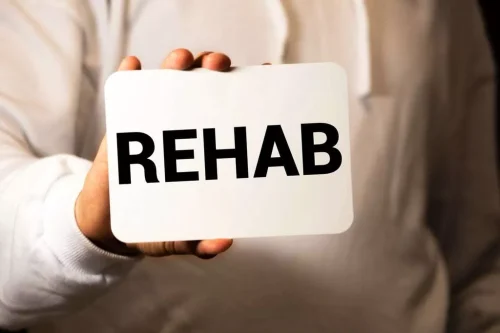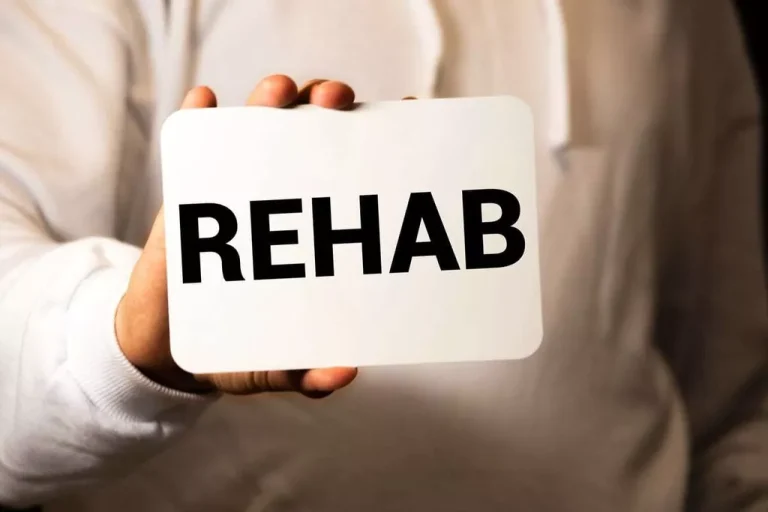
She hopes that one day her research and advocacy will help to save the lives of those who have been affected by substance use. She likes to say that advocacy is her passion and leadership is her superpower. Alcohol can also alter the time it takes for your body to break down your blood-thinning medication which means it can stay in your system for longer.
Mental Health Medications That Interact With Alcohol

The National Institute on Alcohol Abuse and Alcoholism (NIAAA) and the National Institute of Health (NIH) are both trusted sources you can access to get help for yourself or a loved one. A combination of medical advice from a health care provider, social, and family support is also essential. When the body’s ability to clot is reduced internal vessels may begin bleeding inside the body.
Alcohol Abuse and Blood Clots

When you have pain, a cough, or a cold, it is tempting t’o reach for an over-the-counter (OTC) treatment. However, not all OTC treatments are recommended if you have high blood pressure and/or take metoprolol. Signs of complications include unusual bruising, prolonged bleeding, blood in the urine or stools, and severe headaches or dizziness. If you experience any of these symptoms, seek medical attention immediately. Otherwise known as rivaroxaban, this anticoagulant comes in tablets and granules and is often prescribed if you have a blood clot in the lung (pulmonary embolism).
Increased Risk of Bleeding When
Researchers have found that low-to-moderate drinking could reduce certain processes that lead to heart disease and inflammation. However, more research is necessary to determine whether alcohol use is directly responsible for these possible heart benefits. When Kapspargo is combined with alcohol, the metoprolol is released faster, which can increase the risk of side effects of Kapspargo. If you take metoprolol, always check with your pharmacist or healthcare provider before using any OTC drugs. If you use insulin or take medications that lower blood sugar, you should monitor your blood sugar as directed by your healthcare provider.
Alcohol’s Impact on Blood Clotting

Combining blood thinners with alcohol can lead to serious health complications, including an is alcohol a blood thinner increased risk of bleeding and interference with the medication’s effectiveness. Understanding how these substances interact and the potential risks involved is crucial for anyone taking blood thinners like warfarin, rivaroxaban, or aspirin. This article explores these risks and provides safety tips to help manage your health effectively. The combination of alcohol and Eliquis can significantly increase your risk of bleeding.
- Prednisone is a corticosteroid that’s used to treat many conditions.
- The combination of alcohol and Eliquis can significantly increase your risk of bleeding.
- Mixing these medications with alcohol intensifies the side effects and increases the risk of a fatal overdose.
- Medications that are prescribed to treat nausea can make you feel drowsy, dizzy, and may impair your motor control—symptoms that can also be caused by alcohol.
- A 2006 Harvard study found that moderate alcohol use did not have a significant negative effect on the livers of men taking statins after heart surgery.
How dangerous is it to drink alcohol if I’m on a blood thinner?
The combination of medication and alcohol can lead to serious health consequences, including overdose and even death. «It’s generally advisable to avoid drinking alcohol when taking medications,» says psychiatric clinical pharmacist Mei T. Liu, PharmD, BCPP. Combining Eliquis with certain medications, such as NSAIDs, SSRIs, aspirin, and herbal remedies, can significantly increase the risk of bleeding. It’s important to consult with a healthcare professional before combining any medications. The term “holiday heart syndrome” has been coined to describe the occurrence of atrial fibrillation episodes after periods of heavy drinking, such as during holidays or weekends.
Aspirin can increase the toxicity of alcohol so you might get drunk more quickly, and thus develop alcohol poisoning more easily. Contributors to this article for the NIAAA Core Resource on Alcohol include the writer for the full article, content contributors to subsections, reviewers, and editorial staff. These contributors included both experts external to NIAAA as well as NIAAA staff. Playing risky sports, such as hockey, soccer, football, skiing, gymnastics, or ice skating. These activities increase your chance of getting an injury that causes you to bleed.

Drinking alcohol while on blood thinners can exacerbate the effects of both substances and reduce the blood’s ability to clot. Be cautious about alcohol consumption when taking blood thinners. Alcohol-induced gastric ulcers are a particular concern for individuals taking anticoagulants like Eliquis. Since Eliquis works by inhibiting blood clotting to prevent strokes and blood clots, the presence of a gastric ulcer poses a heightened risk of gastrointestinal (GI) bleeding.
Antiplatelet medicines, NSAIDs and alcohol interactions
- Physicians can provide personalized advice based on your individual circumstances.
- Some people are born with a condition where their blood clots more easily than in other people.
- Epinephrine is commonly used to treat life-threatening allergic reactions.
- If you know you’re vulnerable to alcohol misuse, try not to put yourself in an environment that will encourage excessive intake.
When little blood vessels get injured from everyday activities, you may also notice small bruises appear on your skin. This isn’t usually a major concern unless they’re extensive or the discoloration seems extreme. Even if you have a normally functioning liver and kidneys, alcohol can limit your liver’s ability to metabolize other compounds. By clicking “Submit,” you certify that you have provided your legal name and phone number, agree to the terms and conditions and privacy policy, and authorize Addictionresource to contact you. You consent to receive SMS notifications and promotions from Addictionresource.
Drinking too much alcohol
It’s important to note that this list is not exhaustive and may not include every medication you are taking. If you are not sure if you can safely drink alcohol while taking a certain medication, read the label carefully and consult with a pharmacist or doctor. Explore effective methods to manage atrial fibrillation (AFib) post-ablation procedure. Gain insights into the likelihood of recurrence and acquire valuable prevention strategies to proactively safeguard your heart health and maintain optimal well-being throughout your wellness journey.

Comentarios recientes